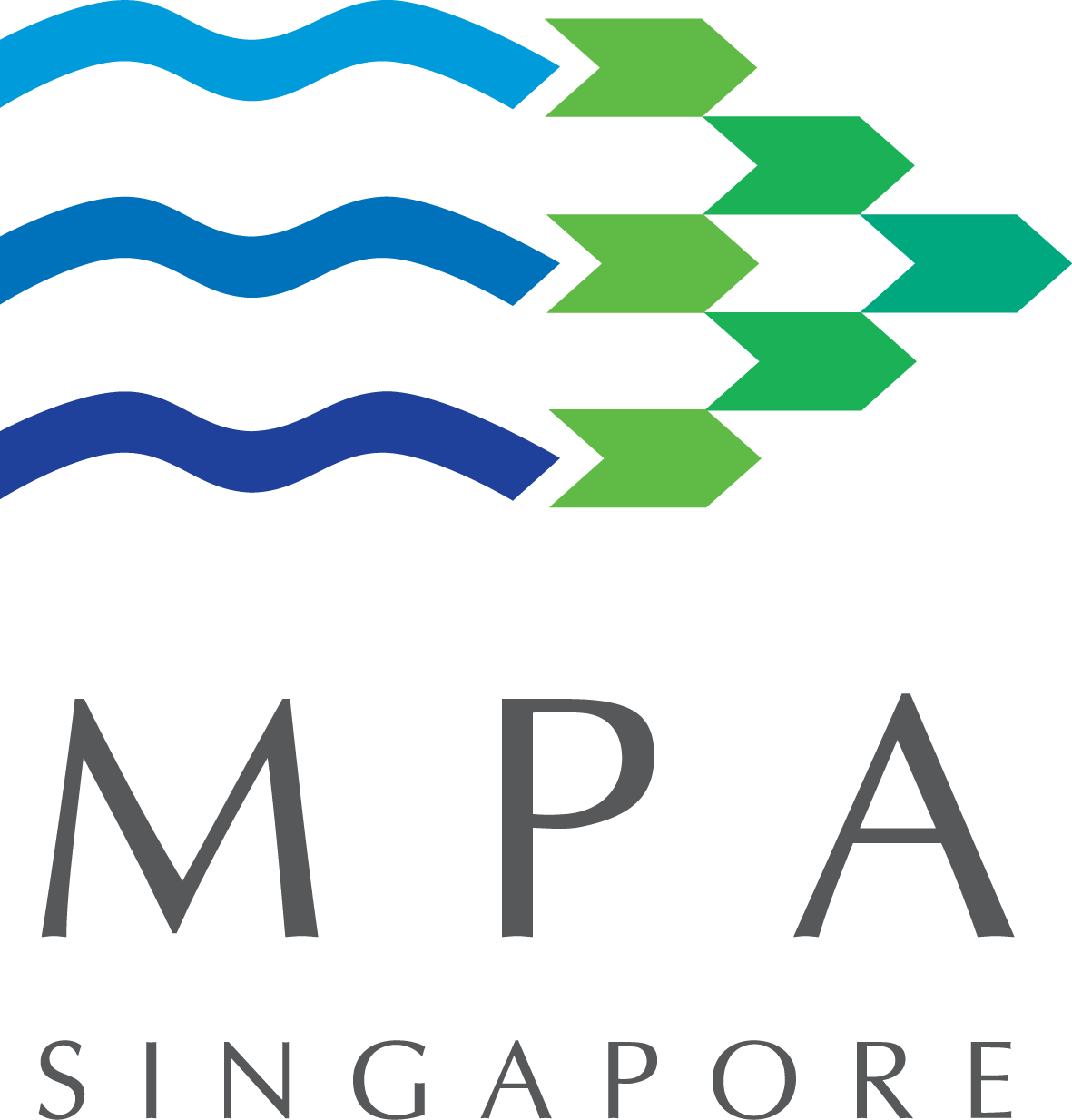Maritime Innovation & Technology (MINT) Fund and Maritime R&D
Published 12 Apr 2016
12 April 2016
- The Maritime
Innovation & Technology (MINT) Fund was established by the Maritime and
Port Authority of Singapore (MPA) in 2003 with S$100 million to support R&D
and test-bedding of maritime technologies by universities, research institutes
and companies in Singapore over a period of ten years. It was topped up by
another $50 million in 2013 and extended to 2018.
- By co-funding up to 50% of project costs, the MINT Fund encourages companies with a local presence to undertake maritime R&D and use Singapore's port and maritime facilities as the test-bed for their innovations. Since its inception, the fund has supported more than 290 R&D projects in areas such as port automation, marine environment and navigation safety. Such efforts have resulted in innovations such as automation of container port operations, a novel ballast water treatment process and a real-time under keel clearance monitoring system to prevent the grounding of ships. The automation of container yards operations for instance, enables one operator to remotely control multiple yard cranes.
Top-Up and Enhancements to the MINT Fund
- MPA will commit
a further $50 million to the MINT Fund and extend its term to 2021. With the
top-up, the total amount allocated to the fund will stand at $200 million.
- Besides the top-up, MPA will also be enhancing the Fund. This includes:
- the introduction of a new “MINT Product Development” scheme to promote local development of products and solutions for the maritime industry;
- an enhancement of its funding policies and guidelines to encourage higher-quality projects; and
- an expansion of the Fund’s focus areas[1] to include research in sub-focus areas such as Data Analytics, Modelling & Simulation, Autonomous Technologies and Sensors.
- These enhancements are in response to emerging technological developments and industry feedback, and place greater emphasis on translating R&D outputs into applicable products and solutions for the maritime industry.
[1] Current focus areas include environment & energy, operations & logistics, safety & security, ICT & systems, and marine and offshore engineering.
